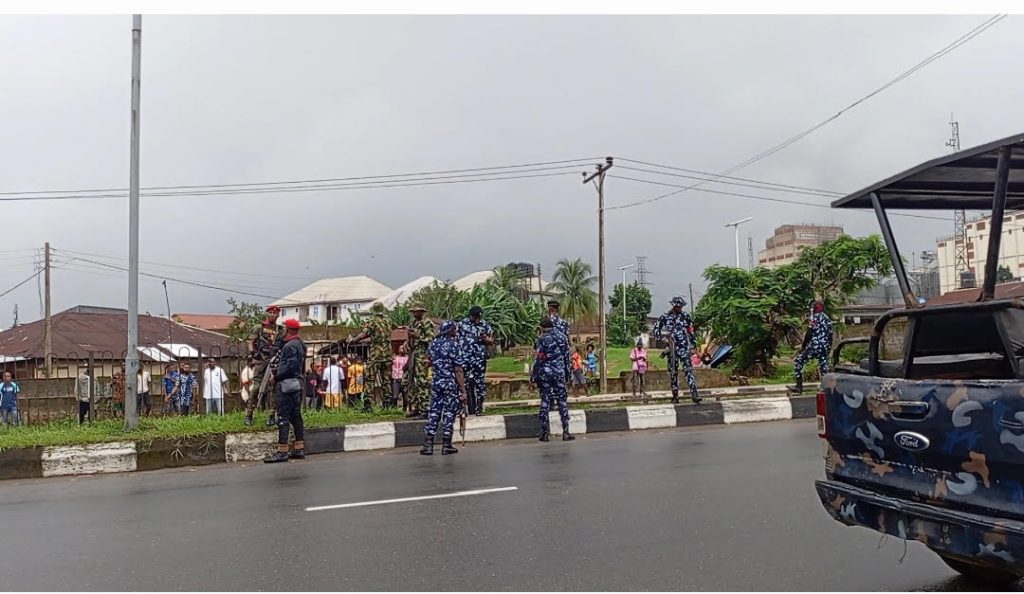
The upcoming August 1 protest has raised worries among entrepreneurs regarding its potential repercussions on productivity, with fears of causing an estimated loss of N400 billion to the economy.
Industry stakeholders are feeling anxious about the possible effects of civic demonstrations on lives, property, and their businesses.
Segun Kuti-George, the National Vice President of the Nigerian Association of Small-Scale Industrialists, expressed concerns over the lasting impact of the EndSARS protest violence on Nigerian business owners who narrowly escaped severe damages to their factories.
Reflecting on the previous experiences during the EndSARS protests, Kuti-George shared, “Our factories were at great risk of being destroyed, jeopardizing our businesses.”
The demonstrations, also known as the Hunger Protest, are set to take place on August 1, 2024, with significant mobilization efforts occurring on social media platforms, particularly X (formerly Twitter).
Apart from appeals from Nigerian political leaders for peace and warnings from security agencies against violence, business stakeholders have also conveyed their hope for peaceful protests.
Anticipating a decrease in foot traffic on the protest day, NASSI Vice President predicted that many Nigerians would opt to stay indoors, potentially resulting in a slower business day.
“There might be a reluctance to go out on that day; some employers may even encourage remote work,” noted Kuti-George.
Furthermore, development economist Rotimi Oyelere highlighted the economic repercussions of protests halting work activities, leading to a loss in output and income.
Oyelere emphasized how nationwide protests can negatively impact daily wage earners, causing both immediate and broader economic losses.
He warned that if not properly managed, these protests could spiral out of control and result in significant indirect losses from property damages needing restoration.
Calling for increased transparency between the government and citizens, Oyelere attributed the prevailing social unrest to a breakdown in trust.
A prior analysis by the Centre for the Promotion of Private Enterprise warned of the severe repercussions that the planned nationwide protests could pose to an already fragile economy.
The CPPE CEO, Dr. Muda Yusuf, stressed the vulnerability of over 90% of employed Nigerians working in the informal sector who heavily rely on daily earnings, which could lead to heightened social unrest if disrupted for an extended period.
To mitigate potential escalation, Yusuf recommended that the protests be limited to a single day, as prolonged demonstrations escalate the risk of chaos and disorder.
